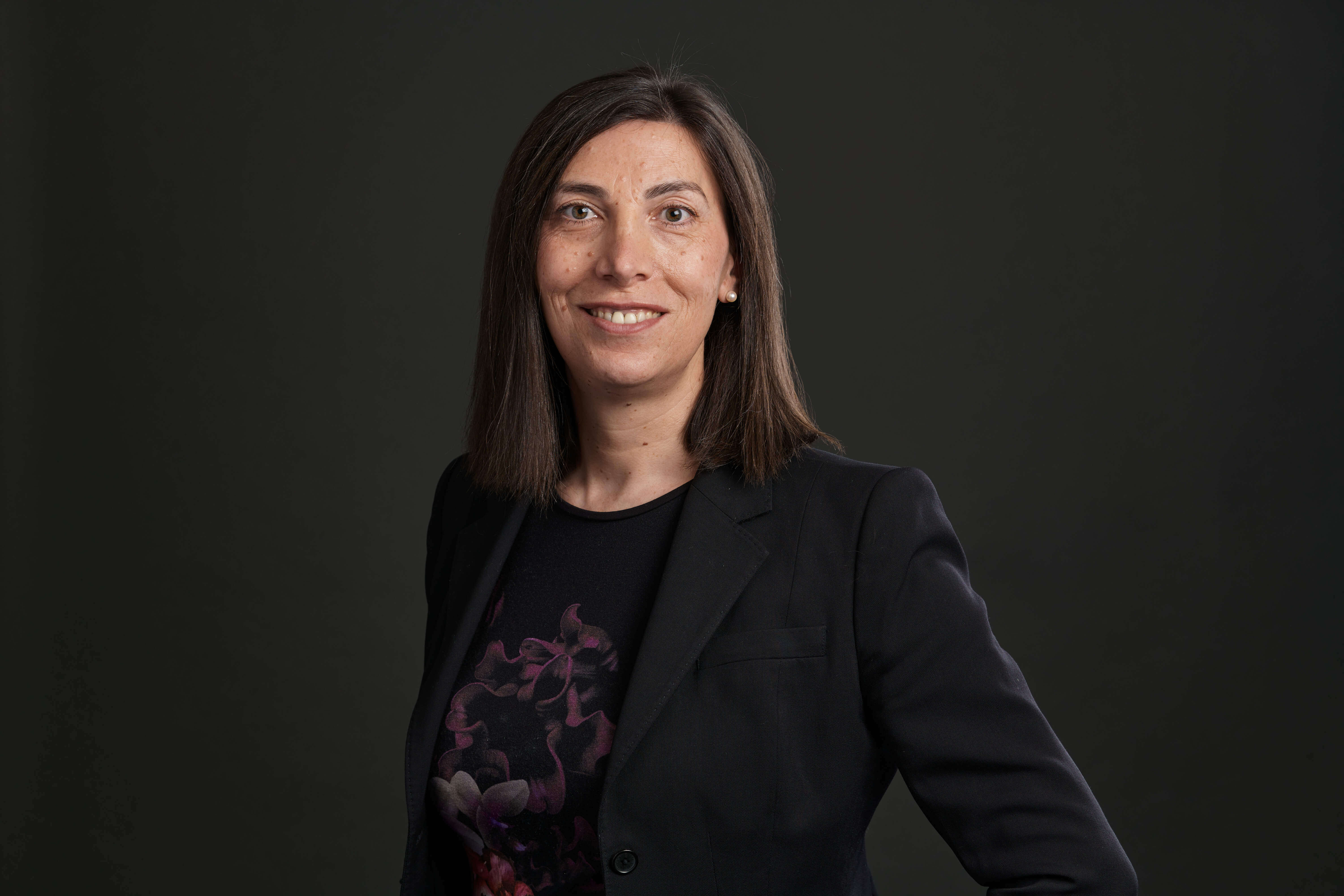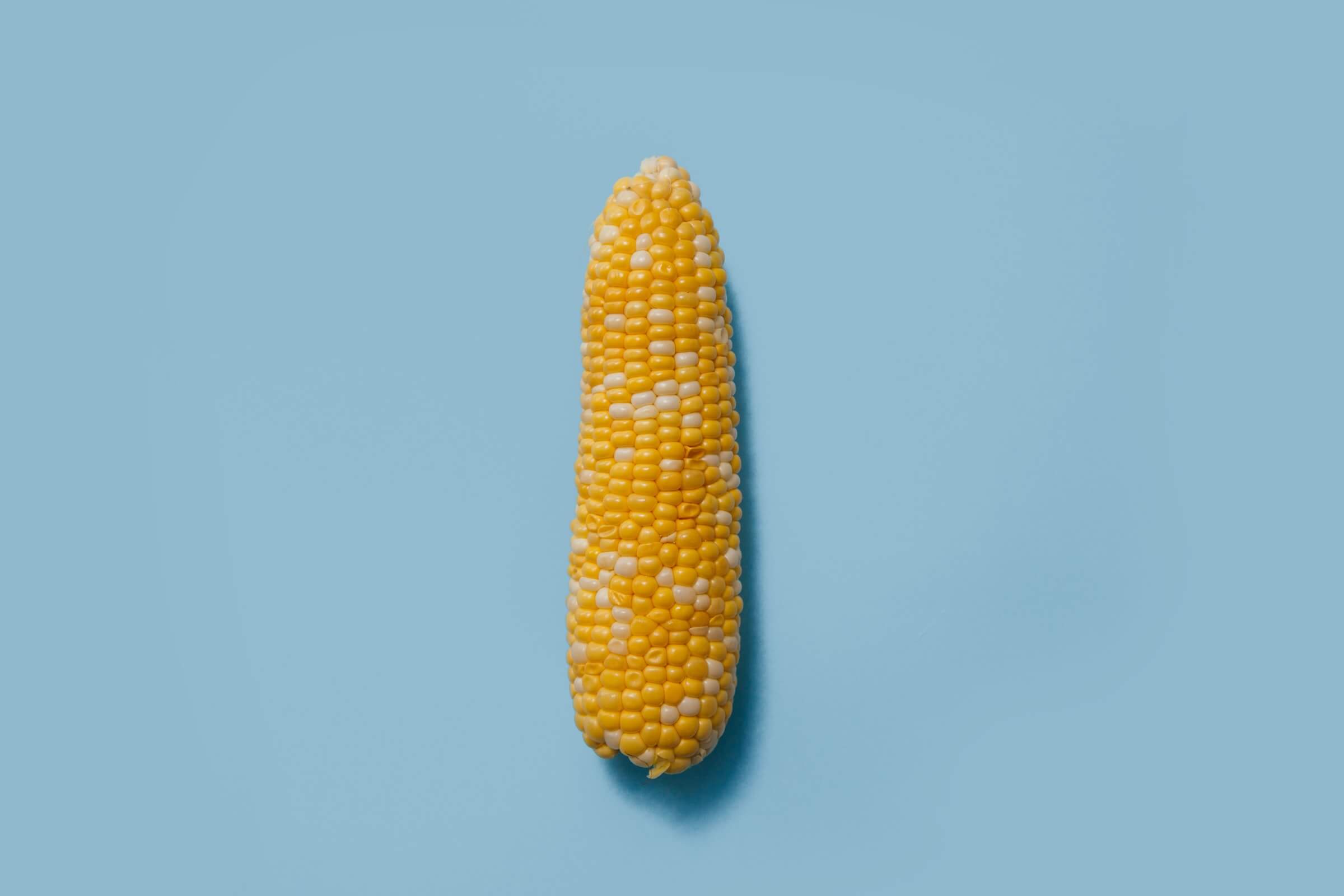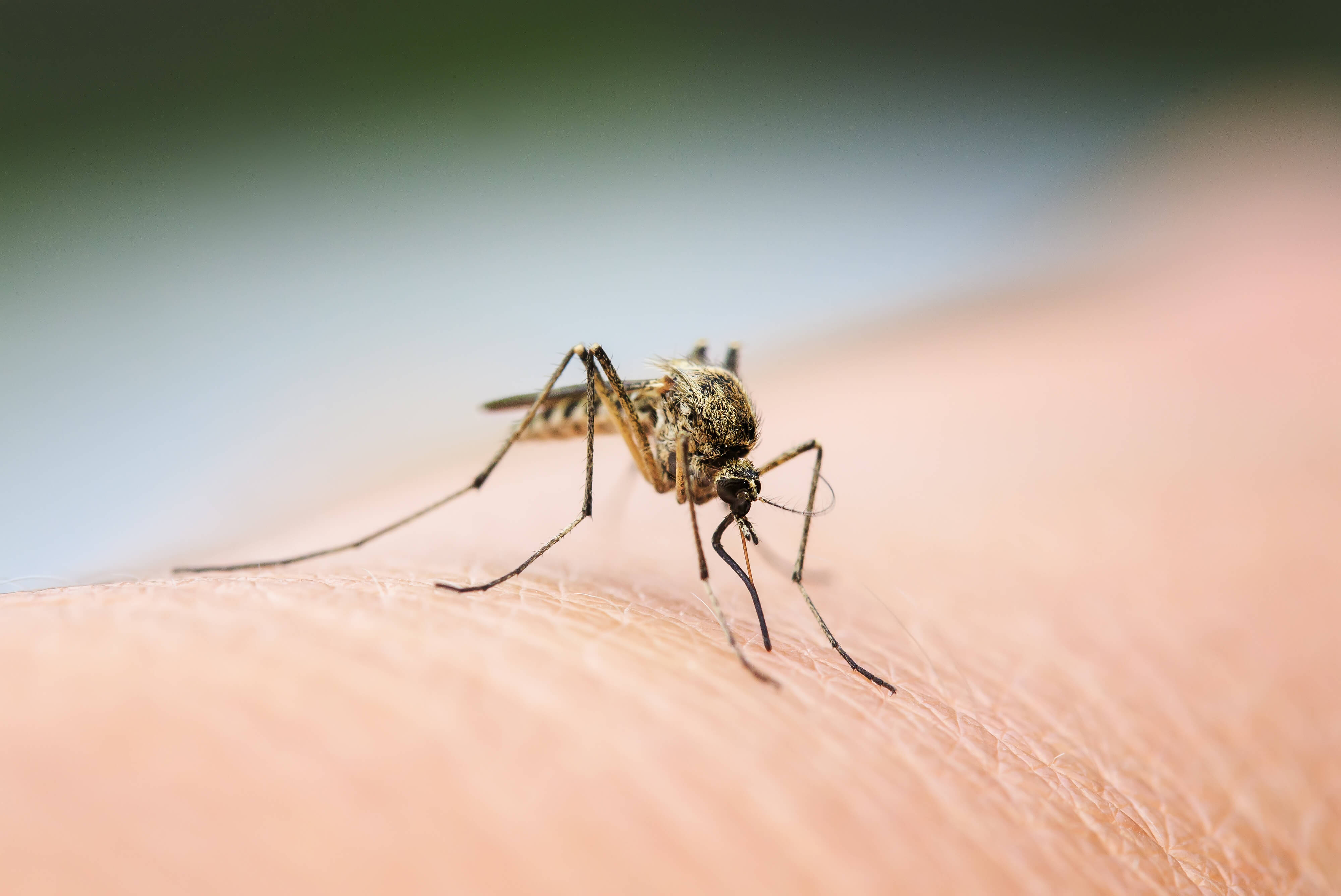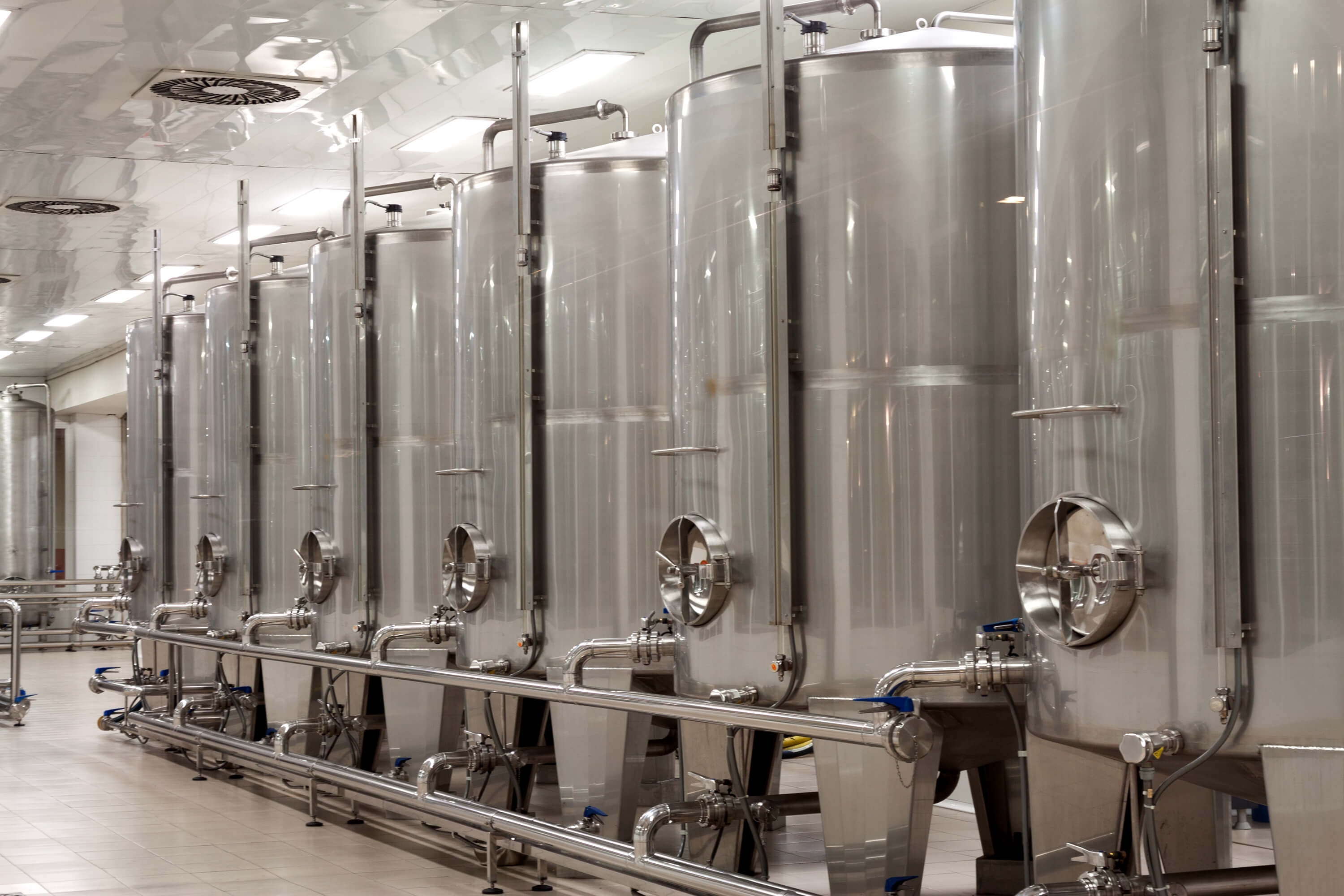Emily Leproust の TED@BCG での講演:「合成生物学が創り出す新しい種類の環境保護」

In her recent TED Talk, Twist Bioscience co-founder and CEO Emily Leproust, Ph.D., discussed the many roles synthetic biology can play in boosting sustainability while maintaining or improving our quality of life.
“Nature is telling us that we are on an unsustainable path, and it’s time to course-correct,” said Leproust during the talk. “That does not mean abandoning technology but rather harnessing the power of biology itself to reconcile the creature comforts of human civilization with the natural world.”
Leproust noted that driving an electric car, installing solar panels, recycling, and other individual actions are important. Still, these refinements will not change the sustainability equation at the necessary scale to restore the world’s environmental health. To get there, we will need to redefine global sustainability. By engineering nature to benefit society, synthetic biology will be a critical part of that process.

“Modern sustainability is the integration of the environment, people, and the economy,” said Leproust. “Each of them is needed to thrive. どれか一つのみを選ぶことはできません。それゆえ、サステナビリティの実践によって、すべてのものはつながっており、異なるアプローチが必要であることを認識できるのです。」
In recent decades, the cost of writing a single DNA base pair has dropped from $10 to 7 cents. These economies can dramatically impact the world’s ability to harness synthetic biology to drive more sustainable practices.
Leproust does not believe sustainability means making uncomfortable tradeoffs. Rather, she looks forward to advancing new technologies that retain the world’s technological privileges while creating a healthier planet. Synthetic biology can support new approaches in many areas, including health, food, and materials.
In the talk, she points to the emerging ability to reduce or eliminate many mosquito-borne illnesses, such as malaria, Zika, and Dengue, with gene drives, which can quickly spread desirable genetic traits through a mosquito population. This technology could help nations manage these diseases without relying so heavily on pesticides.

We can also leverage synthetic biology to reduce farmers’ dependence on chemical fertilizers. Scientists are engineering bacteria that can deliver nitrogen directly to plant roots, which would reduce the need for fertilizers.
This approach would lessen farming’s impact on the environment, reducing fertilizer runoff to benefit waterways worldwide. It would also be better economically, as farmers would not have to buy as much expensive fertilizer, and would reduce our dependence on fossil fuels, which are critical ingredients in many of these products.
We can also make our materials manufacturing less reliant on gas and oil. Using engineered yeast, bacteria, or algae, manufacturers can produce chemicals without the massive environmental damage associated with drilling.

“It’s amazing,” said Leproust, “we can make the same chemicals that are made from oil, and you would not be able to tell the difference. This includes directly producing plastics, flavors, perfumes, sweeteners, and so much more.”
In addition to providing a more sustainable approach, synthetic biology solutions will also be cheaper and create millions of jobs.
“We don’t have to choose between human benefits and nature,” said Leproust. “We can move towards balance and have both in harmony.”
いかがでしたか?
気に入った
気に入らなかった
大好き
驚かされた
面白かった
